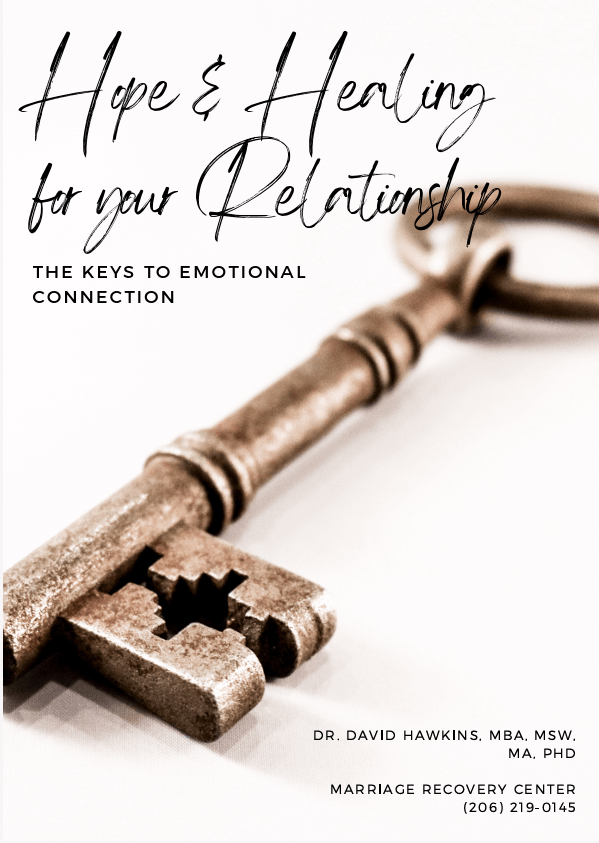Dr. Hawkins and Sharmen Kimbrough take a break from a recent speaking engagement to talk about the importance of depth character change in narcissism.
The Importance of Depth Character Change in Narcissism
Narcissism is a complex and insidious personality trait that can wreak havoc on relationships, especially when it takes the form of covert narcissistic abuse. Unlike overt forms of abuse, covert abuse is subtle and harder to detect, making it challenging for the victim and others to recognize the manipulation and toxicity. This article delves into the concept of “depth character change” and explores the significance of seeking profound transformations in individuals with narcissistic tendencies to foster healthier, more intimate relationships.
The Elusiveness of Depth Character Change
Bringing about true character change in someone exhibiting covert narcissism is a formidable task. Unlike addressing evident behaviors, such as anger or yelling, dealing with covert narcissism involves tackling the intricate web of subtle manipulations, blame-shifting, and gaslighting. Understanding that these patterns are deeply ingrained learned habits is the first step towards facilitating meaningful change.
Recognizing the Ineffectiveness of Covert Narcissism
It is essential to help individuals with covert narcissistic traits understand that their behavior, though seemingly effective in obtaining external desires, fails to fulfill their deeper needs for genuine relationships and intimacy. Despite appearing to get what they want on the surface, their hidden manipulations leave them lacking the emotional connection they truly long for.
The Call for Depth Intervention
To bring about lasting and meaningful change, depth intervention is required. Change necessitates delving into the subtle behaviors and having a qualified specialist who can identify and address these patterns effectively. This process involves calling out behaviors like blame-shifting, gaslighting, sanitization, minimization, and rationalization, which the covert narcissist uses to protect their ego and projected image.
The Challenge of Self-Recognition
One significant obstacle to change is that the covert narcissist may not recognize their own destructive behaviors, even if they are aware of the terms used to describe them. Due to the habitual nature of their actions, it often takes an external observer, such as a therapist or a partner, to point out these patterns and help the individual connect them to their actions.
Empowering the Partner
The partner of a covert narcissist plays a crucial role in the transformation process. They need to be strong enough to call out and confront the narcissistic behaviors, creating a safe space for the individual to experience accountability and change. This is a challenging task that requires courage, but with the right support and therapeutic environment, it can lead to significant breakthroughs.
Depth character change is a pivotal factor in nurturing healthy and intimate relationships with individuals exhibiting covert narcissistic traits. Breaking down these ingrained behaviors and fostering genuine transformations is a journey that requires determination, support, and professional guidance.
At the Marriage Recovery Center, we understand the importance of this process and are here to help you navigate through it, providing a safe space for lasting and meaningful change. Remember, seeking depth character change is not only beneficial for the individual with narcissistic tendencies but also crucial for the well-being and happiness of their partners and relationships.
To learn how we can help, reach out to us at (206) 219-0145 or info@marriagerecoverycenter.com to speak with a Client Care Specialist
Also read: Covert and Overt Abuse: Exploring The Differences
About Dr. Hawkins:
The internet is inundated with hyperbole and misinformation about narcissism, leaving many people confused and hopeless. Get the facts on narcissism and emotional abuse from someone who has been researching, writing about and treating narcissism and emotional abuse for over a decade.
Dr. Hawkins is a best-selling author and clinical psychologist with over three decades of experience helping people break unhealthy patterns and build healthier relationships.
He is the founder and director of the Marriage Recovery Center and the Emotional Abuse Institute which offers education, training and counseling for people who want to break free of, and heal from, emotional abuse. Whether the perpetrator of the abuse is your spouse, partner, parent, boss, friend or family member, we offer practical advice for anyone trapped in a toxic, destructive relationship.
In addition to narcissism & emotional abuse, you’ll learn about the lesser known forms of abuse, including covert abuse, reactive abuse, spiritual abuse, secondary abuse, relationship trauma and much more.








